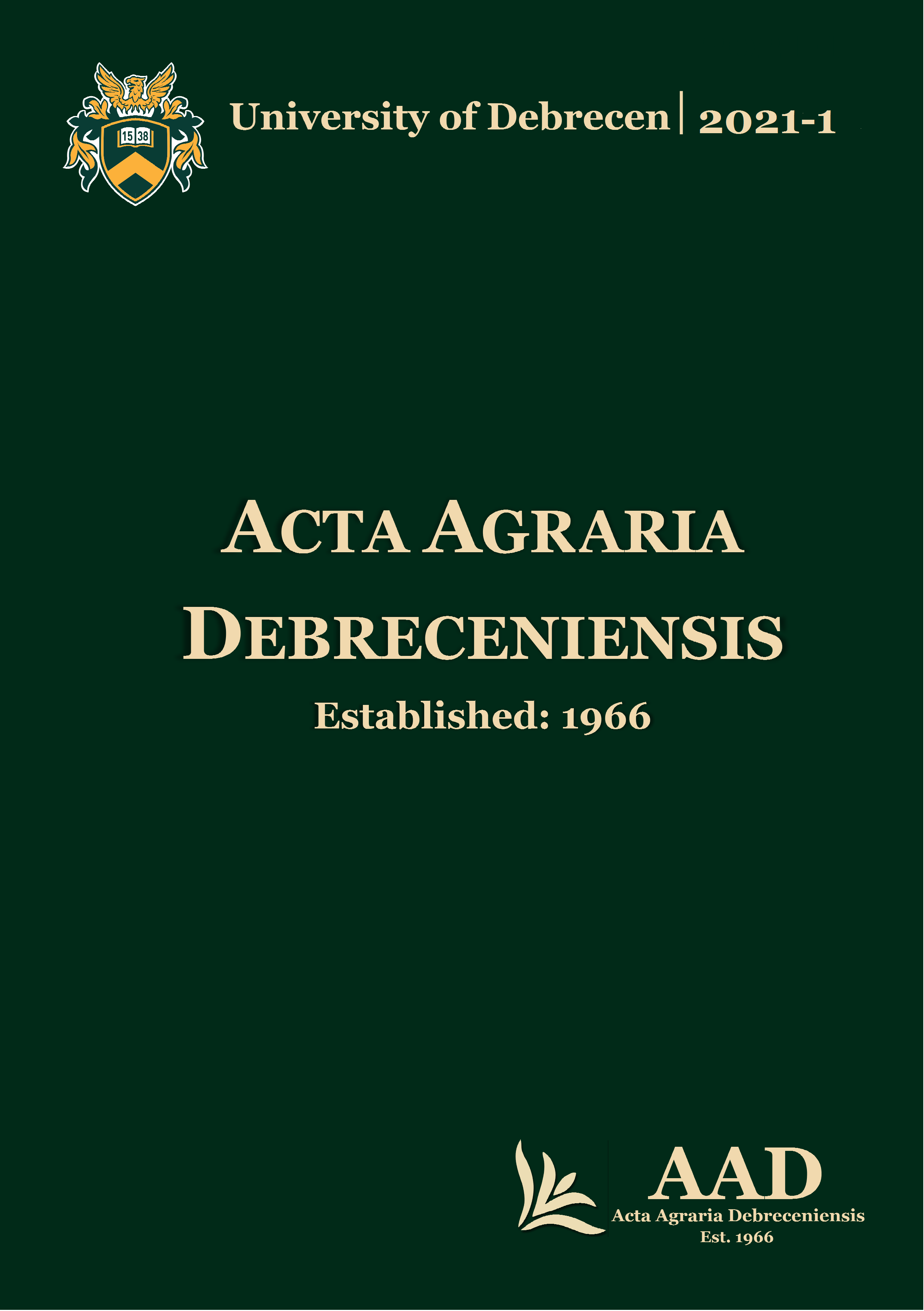Stability and development of Transdanubian agricultural enterprises
Authors
View
Keywords
License
Copyright (c) 2021 by the Author(s)

This work is licensed under a Creative Commons Attribution 4.0 International License.
How To Cite
Accepted 2021-03-01
Published 2021-06-01
Abstract
Personal fulfilment, financial security, flexibility, relationships, information, rules - these are all hallmarks of entrepreneurship. Furthermore, one more important factor should be added to the list, which enables satisfaction resulting from reliable income and self-fulfillment: this is openness. An open mind to changes, to novelties, and to the workforce is necessary. The central question of the present research is how to effectively develop Hungarian small and medium-sized agricultural enterprises, especially in the Transdanubian region, by utilizing these factors. In addition to production, institutional and price risks, agricultural enterprises, like other sectors, are also affected by massive labour shortages and resource-intensive development objectives. In the research, primary agricultural producers, micro, small and medium-sized enterprises were surveyed through questionnaire in the second and third quarters of 2019. Using the snowball method, both the development opportunities and the risks were mapped in this sector, mostly among growers. The research results show that there is a correlation between satisfaction and development and favorable workplace relationships. These correlations were presented by demonstrating the relationship between technological development, income satisfaction, stable job creation, and the need to try new developments. However, there seems to be an invisible boundary to development in the examined field, which may stem from uncertainty, and yet, it is important to maintain development and learning activity so that the right knowledge and know-how is available to the business when needed. Since the results show that there is a lack of openness to new technologies among the farmers in the studied region, and this may pose a problem in the future in terms of meeting the expectations of precision farming, it is recommended to focus on innovation in the agricultural sector in Hungary.

 https://doi.org/10.34101/actaagrar/1/8346
https://doi.org/10.34101/actaagrar/1/8346